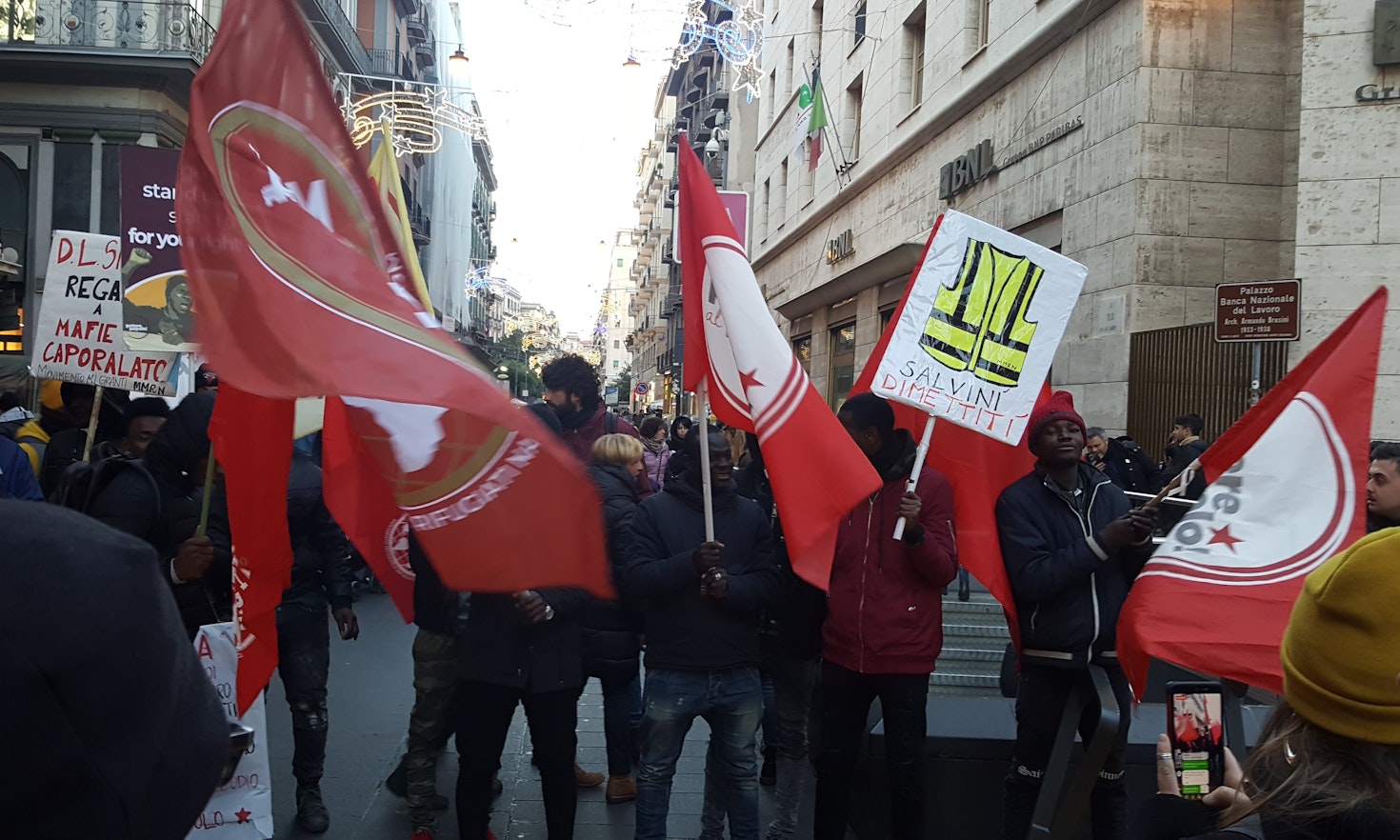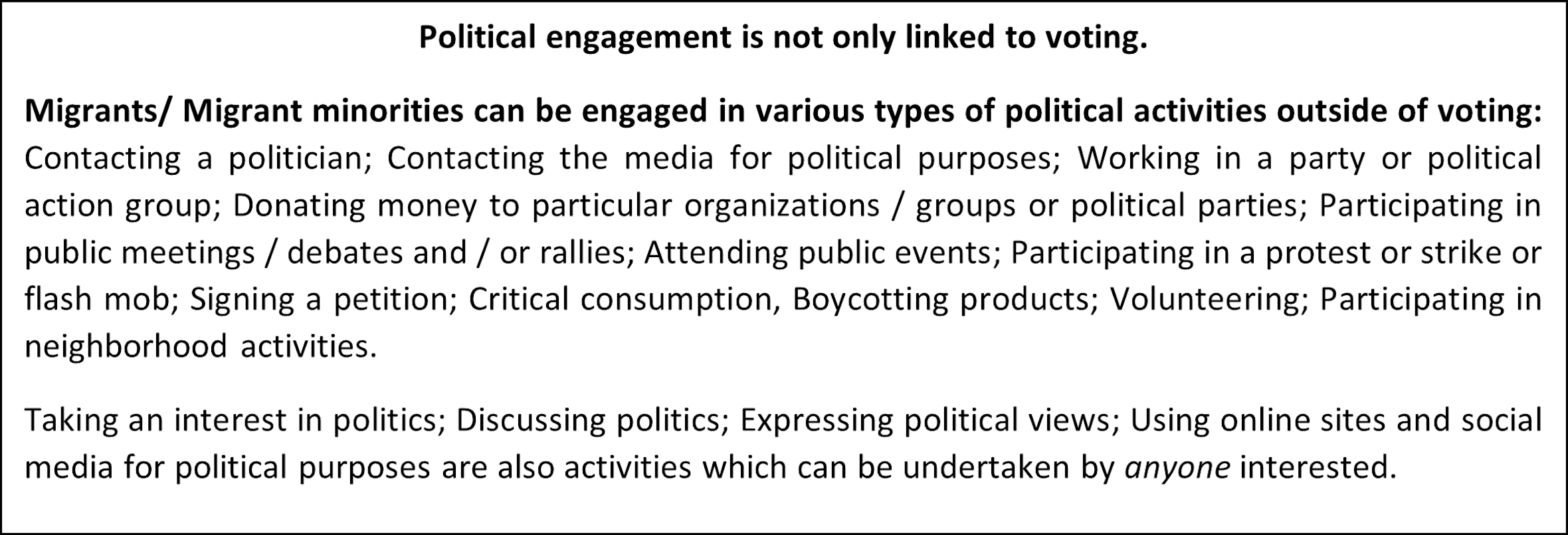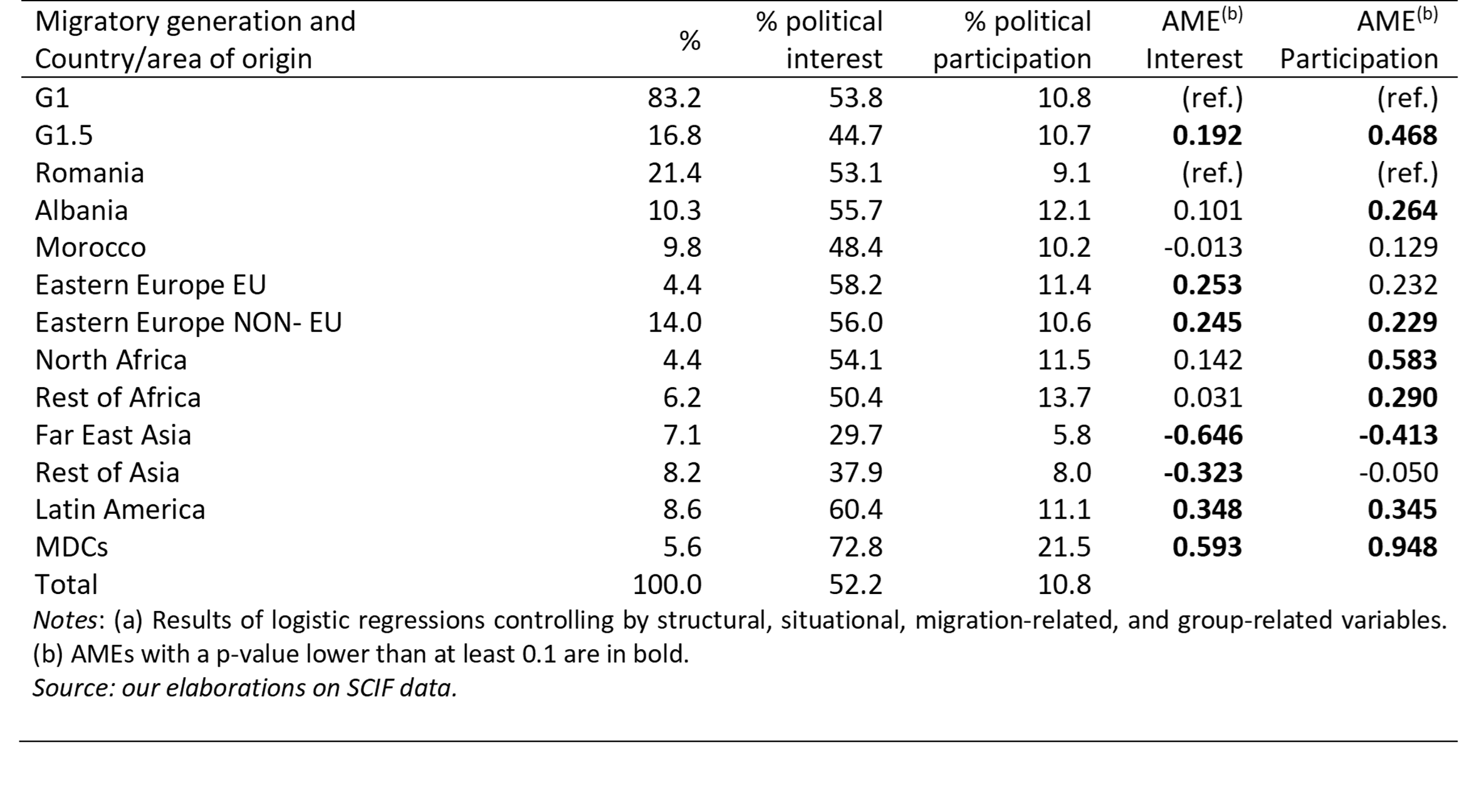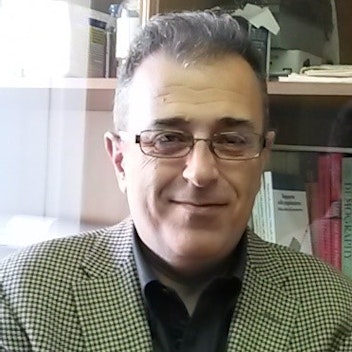
Milei’s Presidential Election and Migration Governance: Three Scenarios for Argentina and South America



Are migrants apolitical subjects characterized by political apathy, passivity, and quiescence? No, they aren’t. Migrants are politically active subjects. They can be engaged both in host and home countries’ politics in different ways.
At the beginning of 2020, about 1.5 million naturalized Italians were living in Italy. In 2018, Italy was the second leading EU country after Germany (116,800; 17%) to grant citizenship to (112,500; 17%) and, in 2019, there were 127,000 acquisitions of citizenship. Despite this data, the fact remains that a citizenship regime like the Italian one, more oriented to the principle of ius sanguinis, which grants the right to vote for nationals only, precludes the possibility of full political incorporation to the over 5 million foreigners currently residing in Italy.
Contrary to what is hypothesized by the thesis of quiescence or political passivity, according to which migrants are apolitical subjects, characterized by political apathy, several studies have shown that a significant part of migrants are in fact, politically active subjects. Even when they do not have the right to vote, they are able to participate in other forms of political engagement.

There are few studies on immigrant political engagement in Italy. Our research, which is part of the larger 2017 PRIN research project titled “Immigration, integration, settlement. Italian-Style” by the operational units of the University of Naples Federico II, focused on the extra-electoral political attitudes and behaviors of immigrants in Italy.
Given the heterogeneity of the immigrant population in Italy, we tested the role of country of origin in spurring political engagement. This is particularly interesting in the case of Italy where immigrants from different countries of origin migrate to for many reasons. Every migrant has distinct cultural experiences and different forms of settlement and inclusion. Can country of origin determine the type and extent of immigrant political engagement in Italy? Is there a correlation between immigrants’ political attitudes and behaviors and their countries of origin?
To answer these questions, we used data from the multipurpose survey on "Social Condition and Integration of Foreign citizens (SCIF)". The Italian National Institute of Statistics (ISTAT) designed this source of data within the framework of a series of multipurpose household surveys taken between 2011–2012. The survey collected data on families which contained at least one foreign citizen. Our analysis focuses on foreign citizens at birth, both those born abroad and those born in Italy, of which there were 16,851 study cases of individuals aged 15 and over.

The analysis indicated that interest in politics is more frequent than political participation. Specifically, about half of the sample (52.2%) were interested in Italian politics, although only about one in ten respondents (10.8%) declared that they participate (beyond voting) in Italian politics. The result is not surprising, as political participation requires a greater investment in terms of both time and energy than political interest.
Research that has analyzed the role of the country of origin on political engagement, suggests a systematic correlation between the immigrants’ political attitudes and behaviors and their countries of origin. Little is known about how different characteristics interact with the country of origin to influence political engagement. We tested the role of the country of origin on both political interest and participation among eleven immigrant groups residing in Italy. Participants were divided into three countries and eight areas of origin. As shown in Table 1, more than a fifth of the interviewees came from Romania. Albania and Morocco represent the second and third countries of origin, both equal to about one tenth of the sample. The subsequent countries of origin have been aggregated into areas to ensure the robustness of the analyses and results. The main area of origin is that of non-EU Eastern Europe, which comprises 14% of the sample.
We expected that the geographical distance and the political environment of the country of origin would impact level of political engagement for immigrants in Italy. Respondents from more developed countries demonstrated the highest percentages of both participation and political interest. The lowest percentages, conversely, were those of respondents originating from Asia. Interesting differences between political interest and participation emerge when the remaining backgrounds are considered. The respondents from Latin America and Eastern Europe show a higher interest in Italian politics than those from Africa. The opposite occurs in the case of political participation.

What happens in the case of the children of immigrants who were born and / or raised in Italy? With reference to the migratory generation, we analyzed the differences between the first generation (G1) and the following generations, namely the children of immigrants who were both born or arrived in Italy before the age of 18 (G1.5). Due to the limitations of the dataset used, we had to consider all the children of immigrants jointly. This has been conventionally defined as G1.5. Indeed, first generation immigrants are a clearly prevalent collective in our population and represent more than 80% of all respondents. In the descriptive analysis the differences between the two groups are negligible in the case of political participation, while they become even more evident when comparing to the interest in Italian politics. In this case, the G1 immigrants are more likely to be interested and participate in politics than the G1.5 respondents. By controlling the effect of additional variables, our analysis made it possible to highlight an opposite result: G1.5 have higher probability of being interested and participating in politics compared to G1 respondents (for more details see Gatti, Buonomo and Strozza 2021).
Undoubtedly, the country of origin affects the political engagement of immigrants in Italy, but its effect declines in the case of generation 1.5, who were either born and/or socialized in Italy and whose current and future life is not linked to their parents’ country of origin. For these reasons G1.5 is more likely to be interested and participate in Italian politics than the first generation. In the future, in light of the growing numbers of children with immigrant background and the number of new Italians in Italian society, it will be interesting to analyze the different levels and forms of political engagement among the children of immigrants, distinguishing among the different decimal generations and between young foreigners and naturalized ones, as they could have very different political attitudes and behaviors.



This content is licensed under a Creative Commons Attribution 4.0 International license.







 Caterina Francesca Guidi, PhD
Caterina Francesca Guidi, PhD